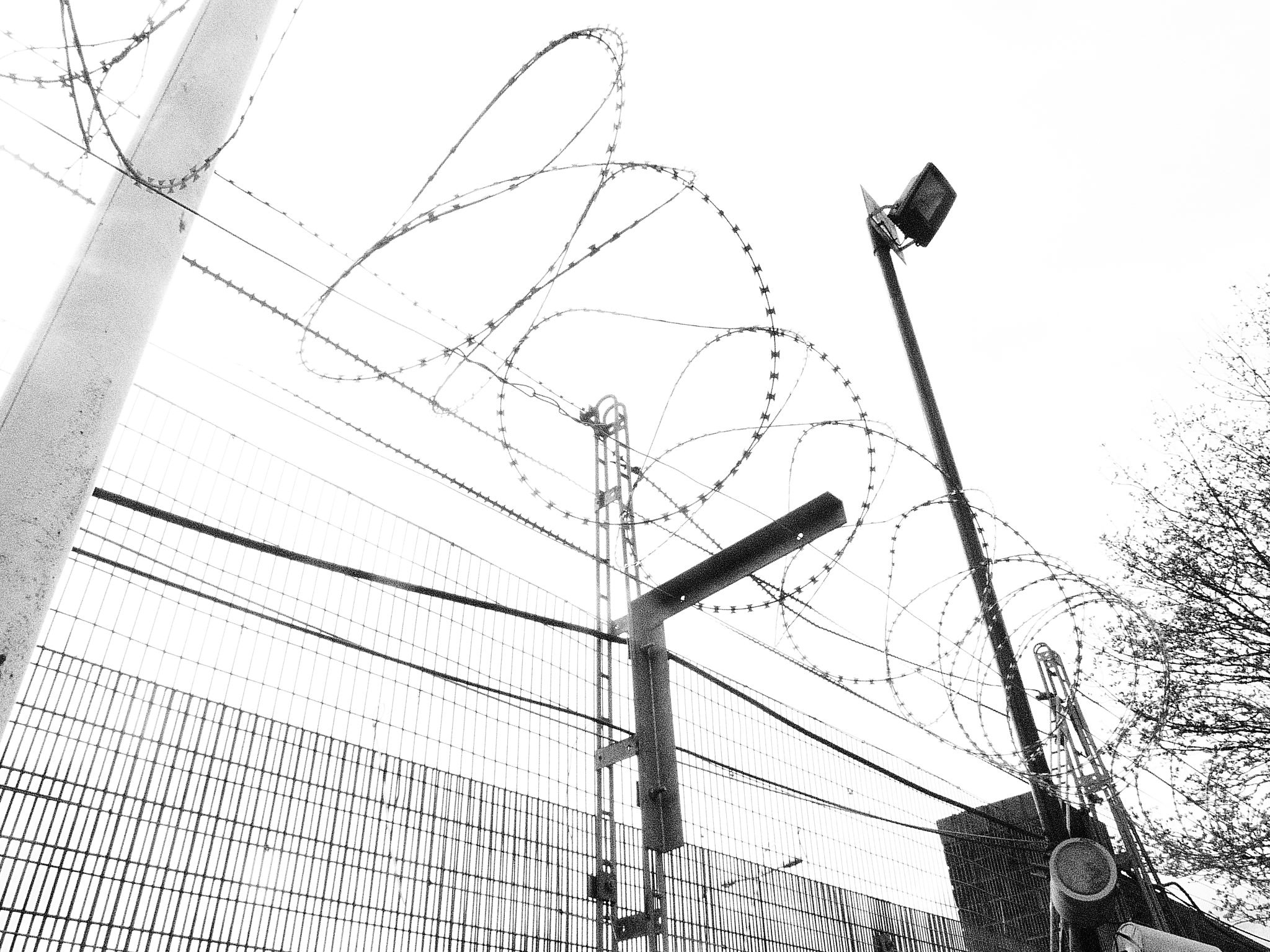Almost one third of inmates at an immigration detention centre in Lincolnshire felt unsafe, according to the prisons watchdog which reported higher levels of self-harm, violence and use of force since its 2016 inspection.
The new report from Her Majesty’s Inspectorate of Prisons found there had been two self-inflicted deaths and a rise in self-harm incidents since the last visit to Morton Hall. More than 40 detainees were subject to constant supervision in the previous six months because they were assessed to be at risk of imminent self-harm or suicide.
The report also found that the Home Office often continued to detain people despite accepting that they had been tortured. According to the report, ‘the infliction of torture was accepted by the Home Office in nine cases. In six of them, detention was maintained because negative immigration factors were considered to outweigh the risks to the detainee’.
Morton Hall is the only Immigration Removal Centre still operated by the prison service on behalf of the Home Office. It holds adult men subject to immigration control and was a prison until 2011. The report found that the centre still felt like a prison, with razor wire and detainees being locked in cells at night.
Some 173 doctors’ reports had been made in six months raising concerns that detainees’ health was being affected by continued detention; in the reports reviewed, inspectors found that references to injuries or weapons suggesting use of torture were not investigated enough.
The inspectorate reported that overall safety was ‘reasonably good’ at the Lincolnshire centre but 30% of detainees said they felt unsafe at the time of inspection, a similar level to other such centres. One detainee has been at Morton Hall for two years, and one has awaited an asylum decision for 11 months. Nearly 25% of the population were found to have served prison sentences during which their cases should have been resolved without the need for immigration detention.
Inspectors found that force had been used more frequently against some ethnic groups, but this had not been investigated. The carrying of batons by staff was criticised. However, most detainees were ‘very positive’ about the treatment they received from staff.
The report found detainees have ‘reasonable’ access to legal advice, but quality of representation was inconsistent and more than third (38%) did not have lawyers, A Home Office spokesperson told the Guardian that it had made ‘significant improvements to ensure those detained are treated with dignity, respect and with the utmost importance placed on their health and wellbeing. This includes additional safeguards and support for vulnerable people, such as robust monitoring and care for those at risk of self-harm, as well as an Adults at Risk policy which makes sure vulnerable individuals are only detained when the immigration factors outweigh the risk of harm.’







